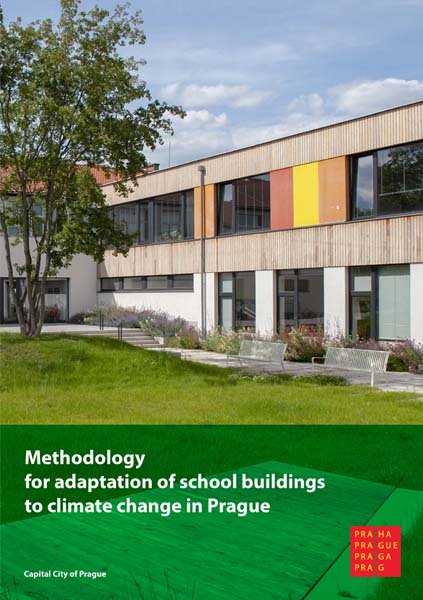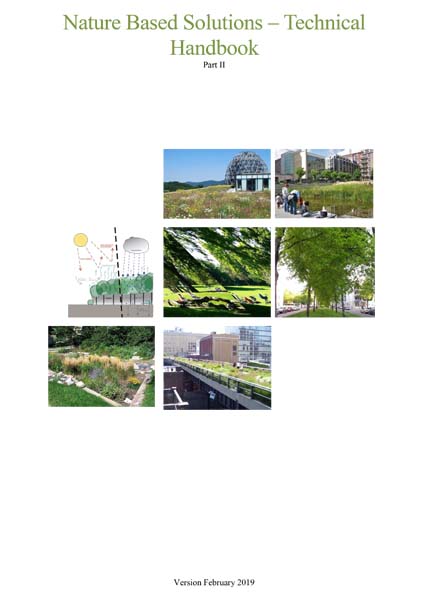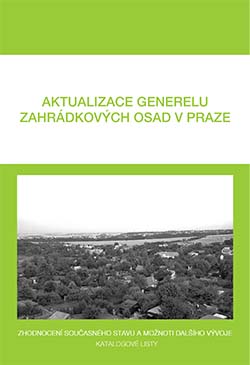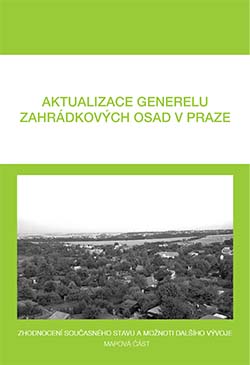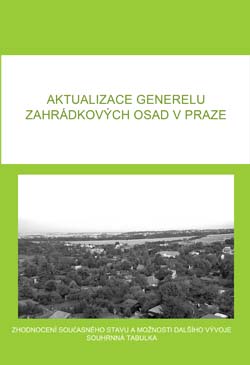Methodology
The methodology for adapting school buildings to climate change in Prague was developed by the University Center for Energy Efficient Buildings of the Czech Technical University in Prague in 2021. Researchers from the Laboratory of Sustainable Construction and the Laboratory of Participatory Planning participated in its creation. Authors: Ing. Jan Růžička, Ph.D., Ing. arch. Martina Sýkorová, Ing. architect Eliška Pomyjová, Ing. Jiří Tencar, Ph.D., Ing. arch. LiciaFelicioni, Ing. Antonín Lupíšek, Ph.D., Ing. Martin Volf, Ph.D.
The aim of the methodology is to provide school principals, founders, operators, users as well as architects and planners with inspiration on how to use the investment opportunity associated with the renovation of school buildings to apply measures to reduce the impact of buildings on climate change, and at the same time to increase the complex quality of the building in terms of architectural, operational and technical. Buildings play a significant role in climate change. In EU countries, 40% of all produced energy is consumed in buildings, the operation of buildings thus increases the need for energy, and thus the amount of greenhouse gases. In the territory of the capital The city of Prague is home to around 1,000 school buildings and other educational facilities, which gives a huge potential for mitigating the negative impact of the operation of these buildings on the environment, as well as for education and enlightenment in this area among pupils, parents, teachers and employees.
The aim of the methodology was to systematize possible technical measures and to put them into the overall context of the complex quality of buildings. At the same time, outline the time sequence of the individual steps in the preparation, design and implementation of the construction project and emphasize the key milestones in the process of creating assignments and in the decision-making process. At the same time, the effort was especially in the process of preparing the project and creation of assignments to show the importance of participatory planning and to show possible forms of involvement of target groups.
The actual technical measures from the point of view of building adaptation to climate change must always be assessed and applied in the context of the overall quality of the building, including the architectural and operational quality, the quality of the internal environment, energy savings and the economic sustainability of the project. In the past, a number of well-intentioned technical measures, which were motivated by the effort to reduce the energy demand of the building, turned out to be dysfunctional or even counterproductive. Unfortunately, there are also cases when, for example, the implementation of building insulation completely devastated the original valuable architectural expression of the building. The documentary also shows a number of inspiring construction examples. We wish there were as many such projects as possible.
Nature Based Solutions, the first part of the handbook, proposing specific elements of nature-friendly solutions for adaptive vulnerability of cities. For each type of solution is given a description and role of the element within the ecological system of the city, construction and technical parameters of the solution, conditions of implementation, risks and benefits, named in the system of nomenclature of selected adaptation indicators.
In the context of fulfilling the Strategy of Adaptation of the Capital The City of Prague on Climate Change Prague also cooperates on international projects. The “Urban NatureLab” project, abbreviated to UNaLab, funded by the European Horizon 2020 program, helps OCP MHMP and IPR Prague staff, with the support of staff from the most prestigious foreign research institutions and cities, develop, assess and evaluate the impacts of individual planned adaptation projects on climate change. The aim of the project is to face the climate challenges associated with the high rate of urbanization and to implement solutions in cities using green and blue infrastructure.
Under the auspices of UNaLab, the first version of the technical handbook was published – a catalog of so-called “nature based solutions”. The handbook provides detailed information on a range of potentially useful solutions to support the urban microclimate and reduce vulnerability; is a living document for the duration of the project and its final version will be published for wide use after the end of the UNaLab project.
Map of Garden Settlements
Garden settlements have a major contribution to the city, its inhabitants and biodiversity for the environment, but also to social, economic, aesthetic, educational and other benefits. The update of the general garden settlements in Prague 2018 was prepared within the Implementation Plan of the Strategy of Adaptation of the Capital City of Prague for Climate Change 2018 – 2019.

